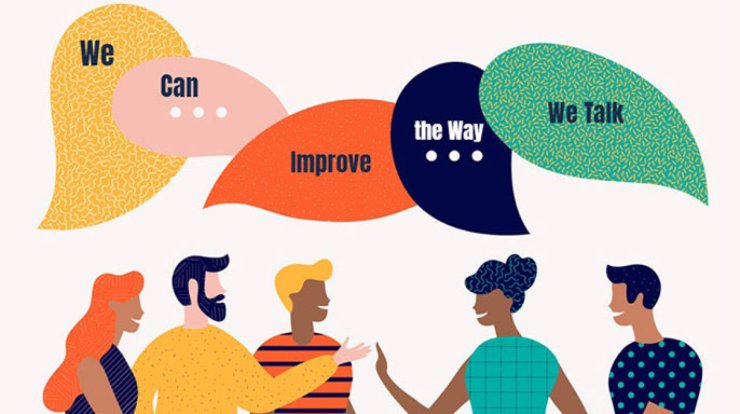Table of Contents
Although it may seem strange, socializing is a challenge for many people. Hands sweat, body and voice shake, followed by nausea, negative thoughts, and the person feels like they are about to faint. These are characteristics of shy and insecure people.
Communication skills are especially important when there is an important meeting, a job interview, or some important negotiations. For example, the authors of https://royalparksthlm.com/casino-utan-svensk-licens/ confirm that operators always analyze communication abilities when hiring employees for customer service.

You do not necessarily need to be a professional speaker, but everyone needs to learn how to cope with emotions and anxiety when communicating with other people. But how do you do it?
The most important thing is practice
You can read hundreds of books on the subject of communication, but if you do not communicate live with real people, then no knowledge will not help you. That's where speech therapists, public speaking courses and discussion groups can help you.
Be confident
Confidence is one of the main characteristics of a good conversationalist. And confidence comes when a person has a good grasp of the topic in question, can answer most questions, and knows where to take the conversation.
To gain this confidence, study the topic to be covered thoroughly, learn how to explain it better, ask for help from friends and family, and interact with them as if you were already having an important conversation.
Another thing that helps in gaining confidence is sports. When a person gets used to overcoming more and more obstacles, he or she gains additional confidence in other areas as well.
Be clear and consistent
It's okay if at the first moment of a conversation you get a little confused, it happens to everyone, it's normal to be nervous in such situations. If it happens to you, try not to be nervous, take a few deep breaths to regain your composure and focus on what you want to say. Use simple and clear words, and don't give unnecessary information that doesn't add to the topic.
Clarify doubts
Sometimes in your eagerness to end a situation in which you feel uncomfortable, you start talking too fast and your interlocutor may not understand part of what you have said. Or it can happen, on the contrary, the person communicating with you says something that you do not understand, but in order not to look stupid, you pretend that you understand everything and listen further.
So always make things clear between both parties. If you have any doubts, ask questions and also ask the other person if they understand everything from what you have said.
Don't impose a monologue
Often, people go to the other extreme and start talking a lot and talking non-stop. There is nothing good in this, either. You need to understand when you should be silent. Listen to the person you are talking to, give them a chance to insert their opinion and don't interrupt when they are talking.
Practice your facial expressions and body language
Our communication is not only the words that come out of our mouths. But it is also the conversation of our body. Often our body says much more than our words. So, if you categorically avoid making eye contact with your interlocutor, you will show your insecurity. And if, on the contrary, you constantly look into the eyes of your interlocutor, you will create a feeling of aggression.
It is also important what your hands and feet are doing at this time, in what posture you are sitting. All this can say more about a person than his words. This is especially important to consider when you have an important meeting, such as a job interview.
What to do if you are not good at socializing
For many people, communication is not a problem at all. For other people, the insecurity goes away after some practice. But there are some people who, despite practicing, still find it very difficult to communicate. There is no shame in this, all people are born with different skills. However, if you see that communication is still not given to you, it may be worth considering the help of a professional psychologist. It is better to address this to a competent specialist, than to suffer all your life.




















Comments